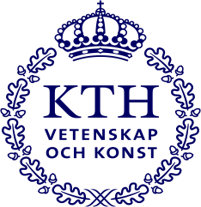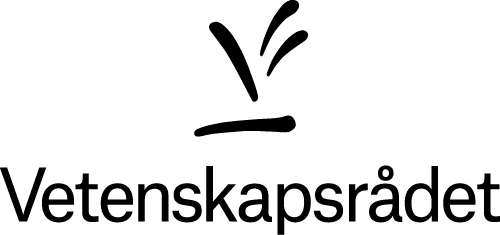First Summer School in Anthropocene Histories held on the island of Utö
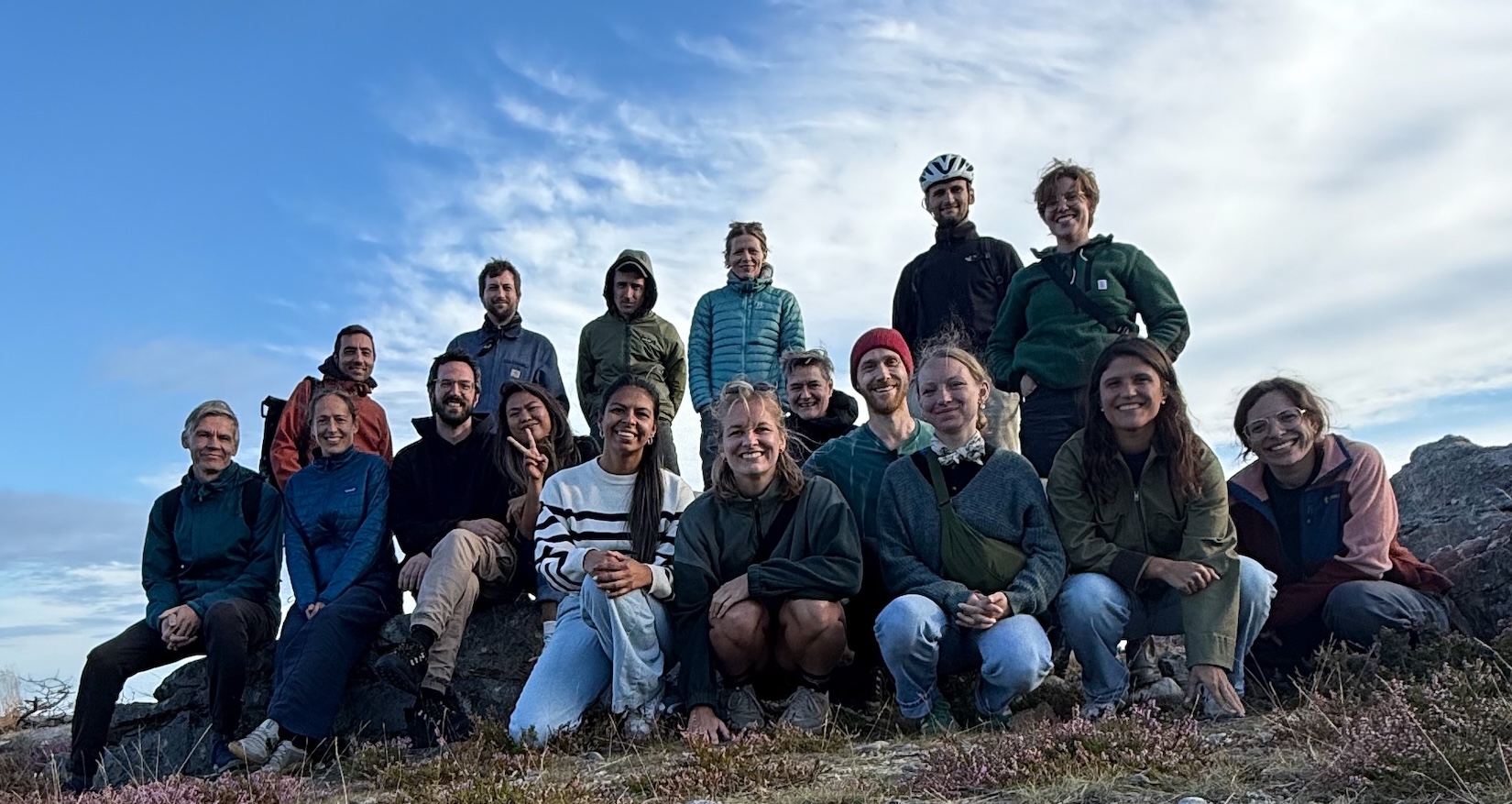
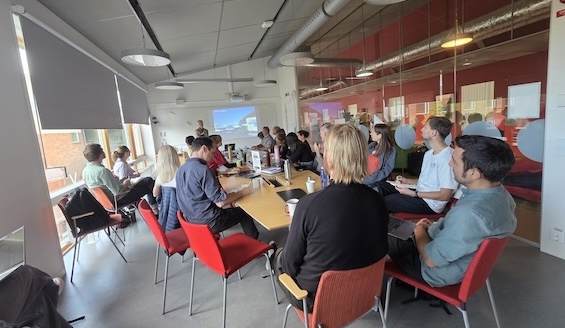
ESEH Summer School in Anthropocene Histories, 2025
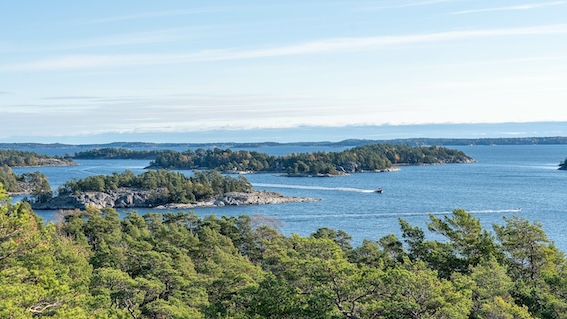
The first summer school held by the Center for Anthropocene History brought together 26 doctoral students and faculty for an intensive and fun four-day program. (pdf 329 kB) in August. It was held mainly on Utö, an island in the southern part of Stockholm’s archipelago.
The course program began at KTH’s Stockholm Campus with a welcome and then a day of informative and expansive talks to provide input and grounding for the coming days of discussions of students work. The day featured talks from Jan Zalasiewicz, Libby Robin, Sverker Sörlin, Sabine Höhler, Onur Inal, and Sandra Swart.
That part of the program over in the late afternoon, it was onto the waiting bus which took us south to the Årsta Brygga pier. Next we took a boat for an hour’s cruise out to Utö. We stayed at the Utö Värdshus for the next few days of discussing doctoral students' work in-depth, and reflecting on the emerging field of Anthropocene History.
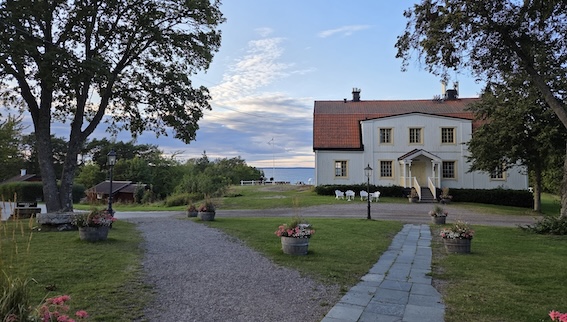
The activities also included a cycling tour of parts of the island focused on military and environmental history. This was connected with a tour of the local museum and the islands' historical mining site.
The summer school was organised for the ESEH European Society of Environmental History conference.
Sign up to our newsletter for updates, and check our website for upcoming educational and research oriented activities, including potential future summer schools!
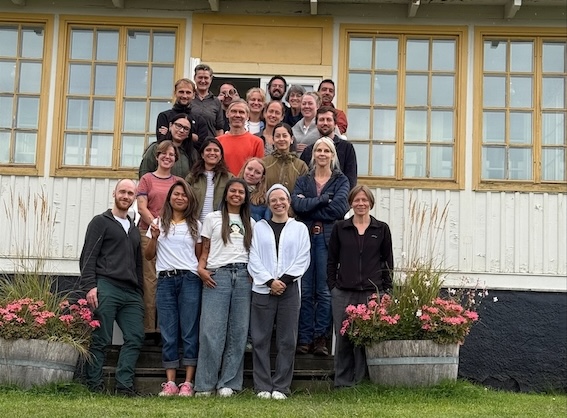
Overview of Program
DAY 1 Mon 25th August – Lectures and Discussions on the Concept of Anthropocene
Lead by the Anthropocene Working Group and the Centre for Anthropocene History
1. Welcome Round
Introductions
2. Meet the AWG
A discussion round on the AWG definition of the Anthropocene
Jan Zalasiewicz & Libby Robin
3. Meet the Center for Anthropocene History
Sverker Sörlin & Sabine Höhler
4. Regional Anthropocenes
Discussion moderator, Susanna Lidström
Discussants, Sandra Swart, Onur Inal, Libby Robin et al.
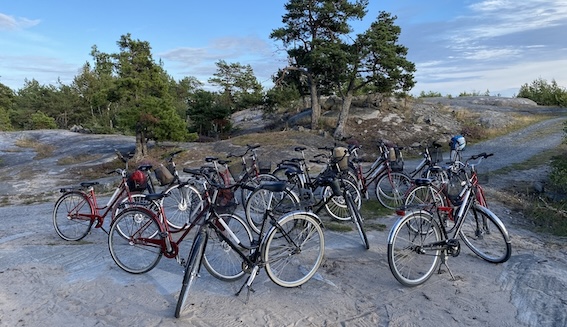
DAY 2 Tue 26th – Student Presentations, Feedback & Discussions
Session 1
Caroline Meier, Harsh conditions: Peru’s “High Altitude Research” reflecting the country’s post-war engagements in the environmental discourse
Discussants: Mariana Calvo, Lukas Becker and Susanna Lidström
Sotiris Mikros, Threatened species data in the 1950s. Preservation of colonial asymmetries as the foundation of key conservation tools
Discussants: Mariana Calvo, Jasmin Höglund Hellgren, Kati Lindström
Session 2
Adele Leigh Stock, Colonial Planning and its Afterlives in Kampala’s Wetlands, 1900-1925
Discussants: Lana Uzarashvili, Kimberly Montañez, Thomas Turnbull
Andya Paz, Timescapes Of The Timelords: The Multi-Temporal Anachronisms In The Anthropocene
Discussants: Lijuan Klassen, Georg Schäfer, Libby Robin
Session 3
Ioannis Stavroulias, Silver Mining and the Anthropocene: How Residues from three Localities (Lavrio, Iberia, Cerro Rico) turned into Global Pollutants
Discussants: Julia Fine, Sotiris Mikros, Adam Wickberg
Kimberly Montañez, Water and the Coffee Frontier: Rethinking Agrarian Expansion in Colombia, 1970–1997
Discussants: Lana Uzarashvili, Caroline Meier, Sandra Swart
Session 4
Lucile Truffy, Clean Holidays: A Corporate Invention of the Environment (France, Early 1970s)
Discussants: Ioannis Stavroulias, Rune Korgaard, Sabine Höhler
Lukas Becker, Resisting Extraction: Oil and Indigenous Counter-Mapping in Amazonia
Discussants: Lucile Truffy, Julia Fine, Susanna Lidström
DAY 3 Wed 27th – Presentations, Feedback & Discussions + Field Trip
Session 5
Mariana Calvo, The Empire That Never Left: La Forestal in Argentina’s Gran Chaco
Discussants: Caroline Kreysel, Lukas Becker, Adam Wickberg
Georg Schäfer, Fuelling the Kansan Anthropocene: the entangled emergence of wartime industrial mobilization, synthetic fertilizers, and the second agro-industrial revolution on the Great Plains
Discussants: Adele Leigh Stock, Lucile Truffy, Sabine Höhler
Session 6
Julia Fine, Mining the End of Empire: Rio Tinto’s Political Ecology of Extraction, 1870-1970
Discussants: Lijuan Klassen, Rune Korgaard, Thomas Turnbull
Caroline Kreysel, Washing Down from the Plantation: A Downstream History of Commodities-Based Agriculture in the Brazilian Centre-West (1970s-present)
Discussants: Adele Leigh Stock, Kimberly Montañez, Sandra Swart
Half a day field trip: Anthropocene histories of Utö: geology, mining, cold war and nature protection in a grazing landscape
DAY 4 Thurs 28th – Presentations, Feedback and Discussions
Session 7
Lana Uzarashvili, Documenting the Atmosphere: Thermal Landscapes in the Subtropics and Artificial Climates
Discussants: Georg Schäfer, Andya Paz, Christoph Rosol
Lijuan Klassen, A Genealogy of the Sick Earth: From Homeostasis and Geo-physiology to Planetary Health
Discussants: Jasmin Höglund Hellgren, Ioannis Stavroulias, Libby Robin
Session 8
Jasmin Höglund Hellgren, Between Forest and Framework: Distant Brokers and the Making of Jurisdictional REDD+ in Misiones, Argentina
Discussants: Caroline Meier, Caroline Kreysel, Christoph Rosol
Rune Korgaard, Soft Technology: From Alternative Imaginary to Hazardous Promise
Discussants: Andya Paz, Sotiris Mikros, Kati Lindström
Final Discussion
All partcipants: Methods in Anthropocene History

